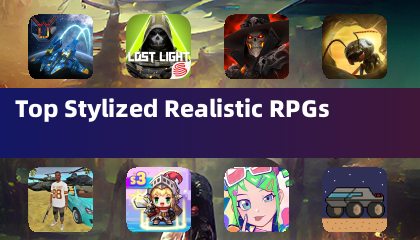
California's New Law Mandates Transparency in Digital Game Purchases
A new California law, AB 2426, requires digital game stores like Steam and Epic to clearly state whether consumers are purchasing ownership or merely a license to use digital games. Taking effect next year, the law aims to combat deceptive advertising practices and protect consumers from misleading claims of ownership.
The legislation mandates that digital storefronts use conspicuous language, such as larger or contrasting fonts, to inform customers that their purchase grants a license, not outright ownership. This is crucial because digital goods, unlike physical products, can be revoked by the seller at any time. Failure to comply could result in civil penalties or misdemeanor charges.
The law specifically prohibits the use of terms like "buy" or "purchase" unless consumers are explicitly informed that the transaction doesn't grant unrestricted access or ownership. Assemblymember Jacqui Irwin emphasized the need for this clarity, highlighting the common misconception that purchasing a digital good equates to permanent ownership, similar to buying a physical DVD or book. In reality, consumers often only acquire a license that can be revoked by the seller.
However, the law's implications for subscription services like Game Pass remain unclear. It doesn't address subscription models or the specifics of offline game copies. This ambiguity follows recent controversies where gaming companies removed games from players' access, raising concerns about consumer rights and ownership. The debate also includes comments from Ubisoft executives suggesting gamers should become accustomed to not "owning" games in the traditional sense, given the rise of subscription-based models.
Despite this ambiguity regarding subscriptions, the law represents a significant step toward greater transparency in the digital marketplace, empowering consumers with clearer information about their purchases. The law's focus is on ensuring consumers understand that they are purchasing a license to use a digital product, not necessarily outright ownership of it.


 LATEST ARTICLES
LATEST ARTICLES 












